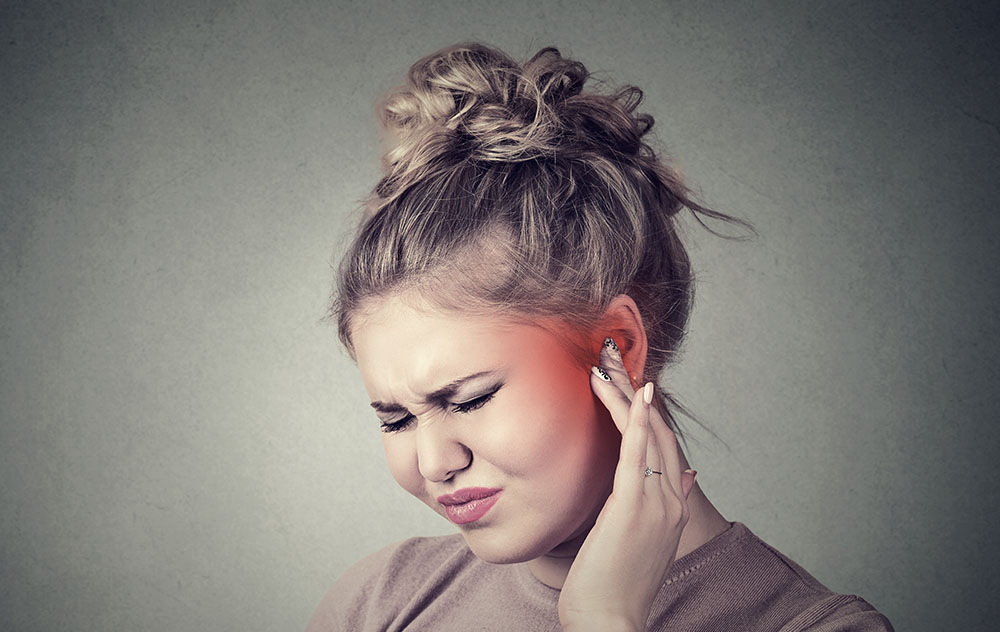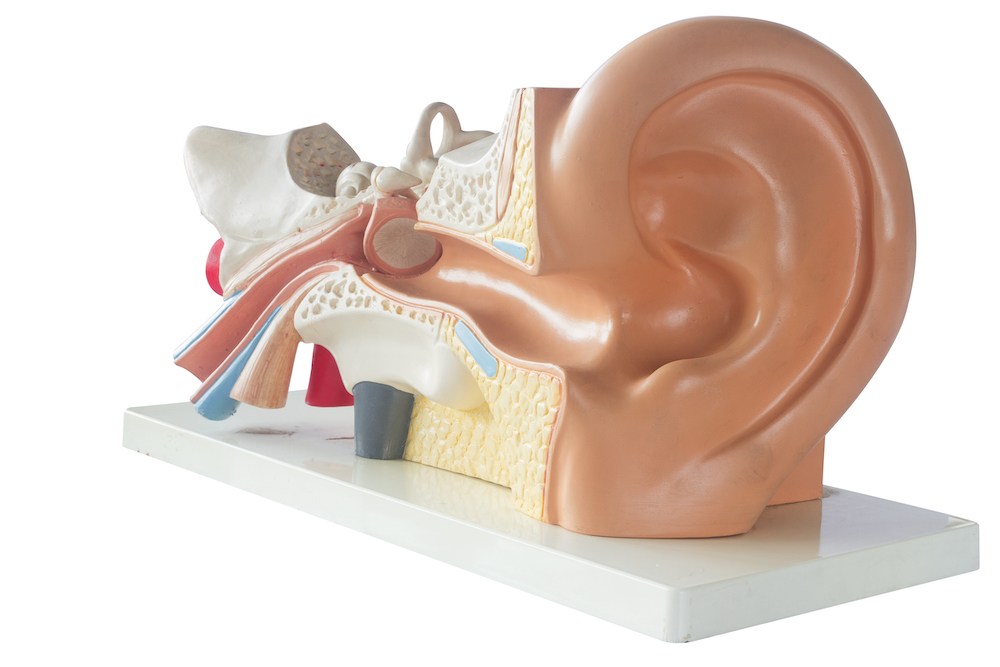Coping Mechanisms for Tinnitus
Tinnitus can feel like a relentless opponent. The annoying ringing or

By: admin | May 20, 2020
Many people use beauty products and toiletries to keep their ears clean. However, audiologists routinely advise against this. Putting anything in your ears has the potential to cause damage, which could affect your short or long-term hearing function.
Due to this, you shouldn’t attempt to dislodge anything from your ear canal or remove earwax yourself. Digging in your ear can certainly cause damage, which may put you at risk for a range of hearing-related issues.
Tinnitus occurs when people report hearing a noise that doesn’t have an external cause. Despite sounding very real to the person, there is no actual sound. People experiencing tinnitus often describe the sound as ringing, hissing, whooshing or humming.
Tinnitus can occur for several reasons, including exposure to loud noises and a build-up of earwax. As an excessive amount of earwax is associated with tinnitus, people may attempt to remove earwax themselves to relieve their tinnitus.
However, at-home earwax removal methods could cause or worsen the symptoms of tinnitus. When using cotton swabs, for example, there’s a good chance you will actually push the wax further down your ear canal. If the earwax is causing your symptoms, this could make them significantly worse.
In addition to this, earwax may not be the cause of your tinnitus symptoms. Although some causes of tinnitus have been identified, it isn’t always clear why tinnitus occurs. If you attempt to remove earwax because you’re experiencing tinnitus, you could experience further hearing problems and still have the original problem.
If you suspect you have tinnitus, it’s important to consult an audiologist. He or she can undertake a thorough assessment to try and identify the cause of your symptoms. If an excessive amount of wax is present, your audiologist can remove this safely using micro-suction or irrigation. If the wax is the cause of your symptoms, having it professionally removed will relieve you of tinnitus. If your symptoms have another cause, your audiologist will be able to undertake further testing to determine the cause.
As well as causing or contributing to tinnitus, digging in your ears could cause a range of other issues too. Firstly, putting anything in your ear could cause an infection to take hold. When you introduce a foreign object into your ear, you’re also placing bacteria on the skin and in the ear canal. This means you’re far more likely to develop an ear infection when you dig in your ear, regardless of what you use.
In addition to this, digging in your ears can cause damage to the eardrum. You may inadvertently put too much pressure on the eardrum, which could lead to hearing loss. Furthermore, excessive pressure on the eardrum could cause it to perforate, which causes a range of symptoms.
As well as causing damage to the eardrum itself, digging in your ear increases the risk of creating small tears or cuts in the ear canal. As the skin is sensitive in this area, you don’t want to sustain any injuries unnecessarily. Of course, any cut or laceration in the ear also increases the risk of an infection developing, and that can get nasty when it happens.
Audiologists typically recommend cleaning the outside of your ear with a clean, damp cloth or swab. When it comes to your ear canal, however, you should not attempt to clean it yourself or remove earwax.
If you’re tempted to dig in your ears, it’s probably because you’re experiencing one or more symptoms. You may feel like there’s an excessive amount of wax in the ear canal, or you may feel pressure or fullness in the ear. Digging in your ear won’t resolve these problems but it could make them worse.
In addition to causing a temporary loss of hearing function, digging in your ears could lead to permanent damage. To reduce the risk of sustaining damage and hearing loss, it’s essential to follow your audiologist’s advice. Instead of attempting to resolve symptoms by digging in your ear, visit your audiologist for treatment instead.
With a range of non-invasive treatment options available, your audiologist can diagnose any problems you’re experiencing and provide safe and effective treatment. What’s more – your audiologist will ensure your symptoms are resolved as swiftly as possible and provide you with peace of mind.
To learn more, contact The Hearing Clinic at Woodlake now at (612) 246-4868.

Tinnitus can feel like a relentless opponent. The annoying ringing or
By: admin | January 31, 2024

Hearing loss can affect individuals of any age, often going unnoticed for
By: admin | December 28, 2023

Hearing loss can have a real impact on your life. You can notice changes
By: admin | November 25, 2023
